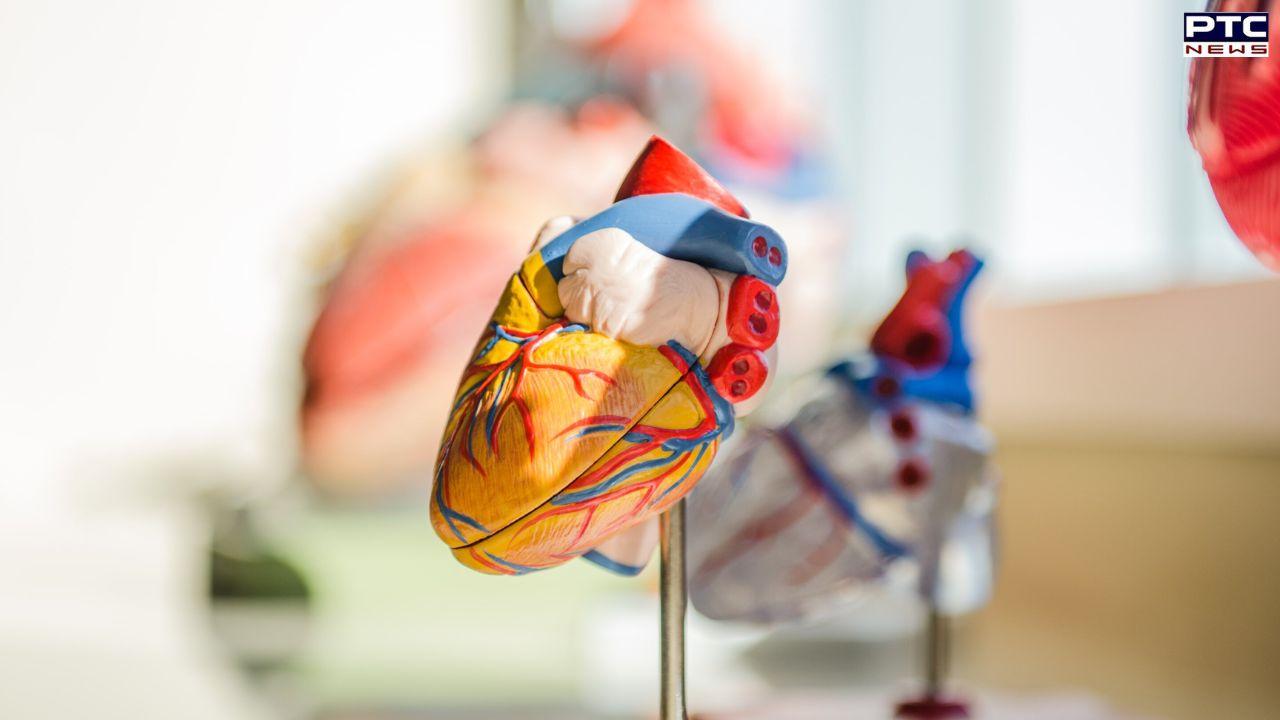

How to reduce risk of blood clots after heart surgery? What study says
PTC News Desk: Some patients with heart valve implants get serious blood clots, and researchers at the University of Waterloo helped lead a global effort to reduce the risk.
Researchers from Waterloo's Faculty of Engineering suggested, in collaboration with a team from the University of Groningen in the Netherlands, that a textured surface on a heart valve implant is less likely to cause blood clots (or thrombosis).
Blood clots in the heart can cause life-threatening events including strokes and heart attacks. To avoid thrombosis, patients with heart valve implants undergo therapy throughout their lives.
The researchers' latest finds are expected to enhance health outcomes for a large number of people. Cancer, pregnancy, age over 55, smoking, obesity, and immobility are all risk factors for blood clots following the procedure.
"The implantation of a prosthetic heart valve is a life-saving procedure, but some medical conditions in patients who receive the valves cause blood clotting, which can be very dangerous," says Dr. Sushanta Mitra, a professor in Waterloo's Department of Mechanical and Mechatronics Engineering and executive director of the Waterloo Institute for Nanotechnology. "We used a method to understand how blood will interact with the valves and tested which types of valves are most likely to last longest without blood clots."
Dr. Mitra and Dr. Sudip Shyam, a postdoctoral fellow in the Micro Nano-Scale Transport Lab, led the Waterloo work. They developed an innovative technique that closely simulates conditions inside the body for determining the wettability (the ability of a liquid to retain contact with a solid surface) of solid objects submerged in liquid. When the Dutch medical team built their textured heart valve, they requested Waterloo engineers to test the implant's reliability, which yielded positive findings.
"Patients won't need to have replacement valves as often thanks to this research," Mitra said. "They will have a better quality of life post-surgery, and it will extend the length of time required between procedures."
- ANI
